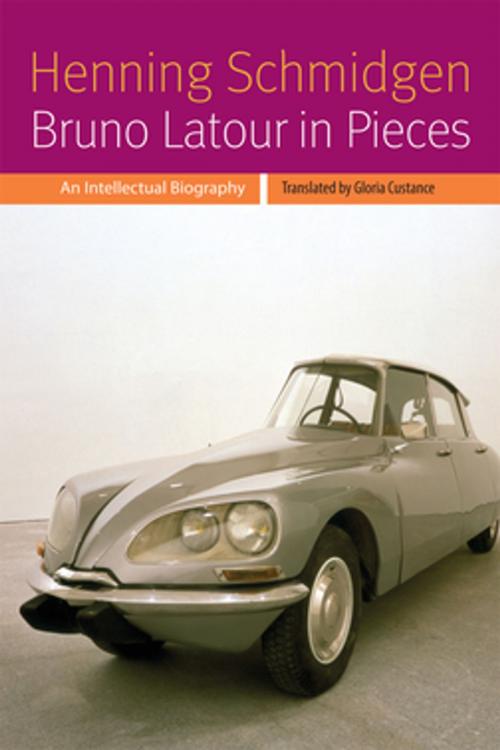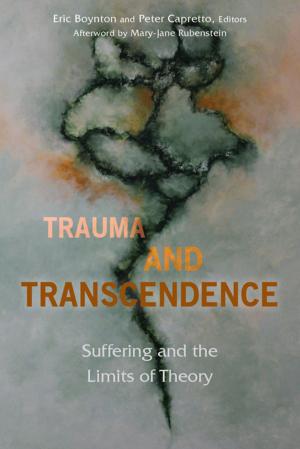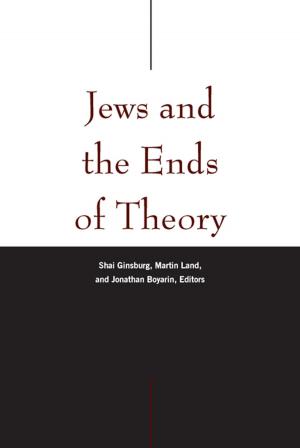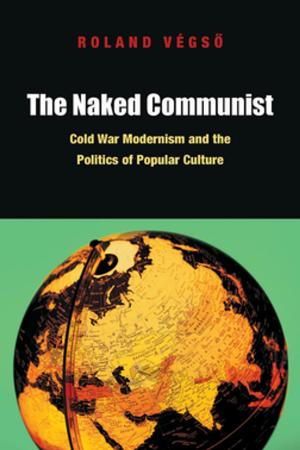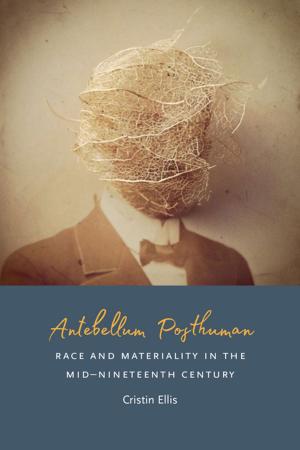Bruno Latour in Pieces
An Intellectual Biography
Nonfiction, Science & Nature, Science, Other Sciences, Philosophy & Social Aspects, History, Religion & Spirituality, Philosophy| Author: | Henning Schmidgen | ISBN: | 9780823263714 |
| Publisher: | Fordham University Press | Publication: | October 15, 2014 |
| Imprint: | Fordham University Press | Language: | English |
| Author: | Henning Schmidgen |
| ISBN: | 9780823263714 |
| Publisher: | Fordham University Press |
| Publication: | October 15, 2014 |
| Imprint: | Fordham University Press |
| Language: | English |
Bruno Latour stirs things up. Latour began as a lover of science and technology, co-founder of actor-network theory, and philosopher of a modernity that had “never been modern.” In the meantime he is regarded not just as one of the most intelligent—and also popular—exponents of science studies but also as a major innovator of the social sciences, an exemplary wanderer who walks the line between the sciences and the humanities.
This book provides the first comprehensive overview of the Latourian oeuvre, from his early anthropological studies in Abidjan (Ivory Coast), to influential books like Laboratory Life and Science in Action, and his most recent reflections on an empirical metaphysics of “modes of existence.” In the course of this enquiry it becomes clear that the basic problem to which Latour’s work responds is that of social tradition, the transmission of experience and knowledge. What this empirical philosopher constantly grapples with is the complex relationship of knowledge, time, and culture.
Bruno Latour stirs things up. Latour began as a lover of science and technology, co-founder of actor-network theory, and philosopher of a modernity that had “never been modern.” In the meantime he is regarded not just as one of the most intelligent—and also popular—exponents of science studies but also as a major innovator of the social sciences, an exemplary wanderer who walks the line between the sciences and the humanities.
This book provides the first comprehensive overview of the Latourian oeuvre, from his early anthropological studies in Abidjan (Ivory Coast), to influential books like Laboratory Life and Science in Action, and his most recent reflections on an empirical metaphysics of “modes of existence.” In the course of this enquiry it becomes clear that the basic problem to which Latour’s work responds is that of social tradition, the transmission of experience and knowledge. What this empirical philosopher constantly grapples with is the complex relationship of knowledge, time, and culture.
